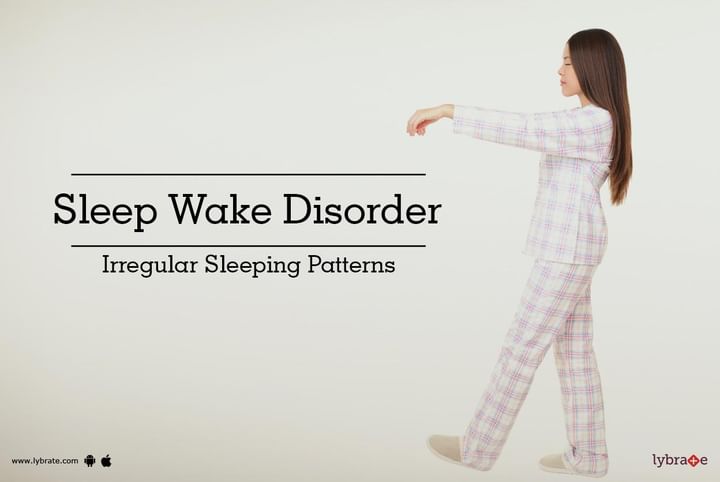Sleep Wake Disorder - Irregular Sleeping Patterns
Sleep-Wake Disorder is a very uncommon syndrome which causes irregular sleeping patterns without any real schedule.
Causes
Persons with brain malfunctioning and those who do not have a regular routine during the day experience such disorders. People with changing work shifts often experience such disorder. Also, travellers who often move from one country to another with different time zones may also have these symptoms.
There's no cure for this disorder, but treatments, including hormones, medicine, and light therapy, can help get you closer to a normal sleeping pattern.
Symptoms
Symptoms may include any of the following:
- Sleeping or napping more than usual during the day
- Trouble falling asleep and staying asleep at night
- Waking up often during the night
Exams and Tests
A person must have at least three abnormal sleep-wake episodes during a 24-hour period to be diagnosed with this problem. The time between each such episode varies from 1 to 4 hours. The doctor may advise you to go ahead with a device called actigraph in case the diagnosis is unclear. The device looks like a wristwatch, and it can tell when a person is sleeping or awake.
Treatment
Though there is no simple cure for irregular sleep-wake syndrome, however, several therapies and lifestyle changes may help a person return to a normal sleep-wake cycle. These include:
- A regular daytime schedule of activities and mealtimes need to be fixed.
- You should not stay in bed during the day for long.
- Use bright light therapy in the morning like those from computer screens and television. The period of exposure should also be increased. Exposure to blue light should be minimized at night.
- You should take melatonin at bedtime. This is a hormone that controls the sleep-wake cycle. By taking doses at the right times, you might be able to shift your body clock earlier or later.
- Make sure to make the room dark, quiet, and as comfortable as possible at night.
- Also one should try to minimize the amount of noise in the sleep environment.
- Add more structure to the patient’s day by scheduling social interaction, exercise, and other activities.
- Your doctor may prescribe drug to control the timing of the sleep-wake cycle.
Finally, you should take proper care of yourself. Make positive changes in your lifestyle. You can even ask your boss to make your work schedule a bit flexible.
The ultimate goal of these lifestyle changes is to help the person sleep longer at night and make him feel active and awake during the day. Most people have sleep disturbances on occasion. But you need to consult a doctor if such sleep disorders occur regularly.



+1.svg)
